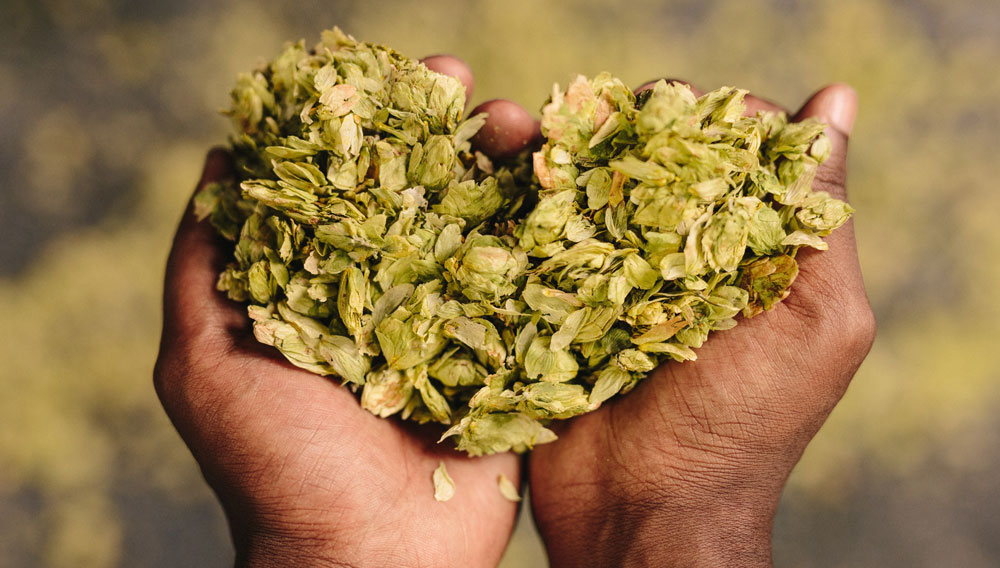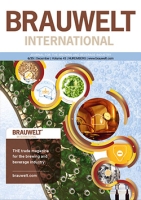Impact of the Use of Inline Pre-isomerized Hop Products on Analytical and Sensory Markers for Beer Ageing
The main quality challenge of beer is the change of its chemical composition during storage. It is known that the typical bitterness of fresh beer declines in the intensity and changes in the quality with an increasing age of the beverage. The bitter tasting compounds trans-iso-α-acids converse into lingering and harsh bitter tasting tri- and tetracyclic degradation products. In order to investigate the evaluation of beer flavour stability, the behaviour of trans-iso-α-acids, the trans/cis ratio of bitter acids, and the formation of tricyclocohumol and tricyclohumol as representatives of acidic-catalyzed degradation products of trans-iso-α-acids were chosen as analytical markers in wort, fresh beer as well as in 2 and 4 months aged beer samples with and without inline pre-isomerization. The characteristics of these analytical parameters were determined using HPLC-DAD and HPLC-MS/MS analysis. Supplementary to quantitative data, fresh beer as well as 2 and 4 months stored beer samples with or rather without the use of pre-isomerization were evaluated for the attributes aroma, taste, and beer ageing by a trained sensory panel.
The performed experiments with a hop yield enhancer in comparison to conventional hopping showed no effect on the flavour stability of Pilsener beer. Nevertheless, the tricyclic degradation products tricyclocohumol and tricyclohumol were suitable as solid analytical parameters to estimate the flavour stability during storage.
BrewingScience - Monatsschrift für Brauwissenschaft, 64 (September/October 2011), pp. 89-94
Source
BrewingScience – Monatsschrift für Brauwissenschaft


